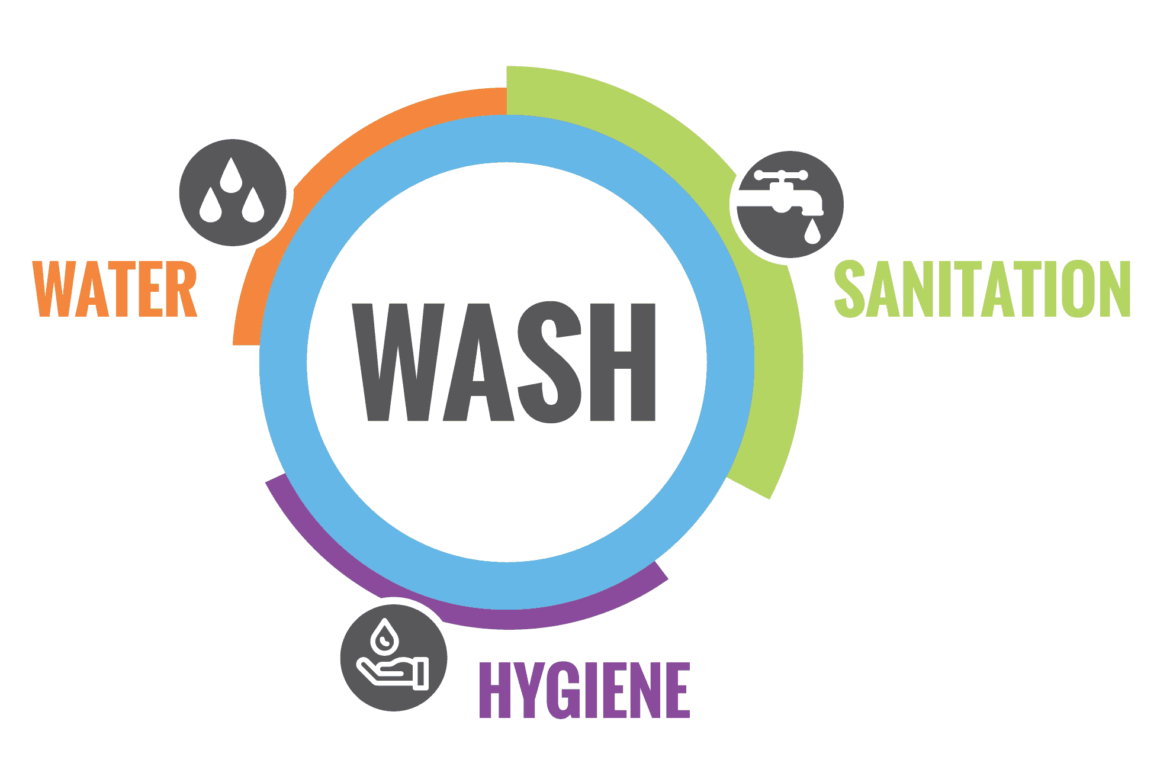By Asmau Ahmad
The Nigeria’s Federal Government has cautioned 36 state governments on paying “lip service” to Water, Sanitation and Hygiene (WASH) issues and urged them to prioritise the issues on their development plan.
The Minister of Water Resources, Alhaji Suleiman Adamu, told the News Agency of Nigeria (NAN) in New York that the Federal Government was doing enough but the state and local governments had been paying lip service to WASH issues.
He said he had been canvassing for states to involve more in WASH for the past seven years, noting that the Federal Government has put in place so many incentives to encourage the State Governments.
“In 2016, having realised that we have not achieved the Millennium Development Goals (MDGs), we were supposed to meet 75 per cent but we were at 68 per cent. We were at 68 per cent when I came into office and MDGs ere ending them, I asked, why did we fail to meet the targets of MDGs?
“We realised, we were all relying on budgetary allocation, and we looked at the statistics and realised that we had 68 per cent coverage at the national level. If you disintegrate the data, 50 per cent of the rural areas were not covered,” he said.
To address this gap, the minister said the Federal Government came up with the ‘Partnership for Expanded Water Supply, Sanitation and Hygiene (PEWASH)’ Programme to increase water coverage.
According to him, PEWASH is a national collaborative instrument towards improving access to water and sanitation specifically in rural areas.
Adamu said that PEWASH was designed for two things, primarily to address the issue of access to water, sanitation and hygiene for rural communities, but at the same time to incentivise states to invest more.
“With the PEWASH programme, it is on 50/50 bases, the Federal Government will contribute 50 per cent while the State Governments will contribute 50 per cent for Water Scheme and we’re working with 21 states now,” he said.
In addition, the minister said that in 2018, the ministry did a diagnostic report that showed that water supply was in the decline, saying that the report shows that only 30 per cent of Nigeria’s population in 1992 had pipe borne water.
Again in 2019, the minister said to further actualise the roadmap to end open defecation, the Federal Government launched the national campaign against open defecation,
He said the following day after the launch, President Buhari backed it with an Executive Order number nine, giving it some legal teeth to “establishing the Secretariat and the enabling framework for us to operate.
“We’ve also tried so far without success, but we’re not giving up through the National Water Resources bill to establish a WASH water sanitation hygiene fund that will support states in their efforts to invest more in the area of water, sanitation, hygiene.
“So, all the efforts have been done at the Federal level, all the incentives have been provided. It is now ready for the states to follow suit.
“So, I think we have demonstrated at the federal level a total commitment to meeting our aspirations and that it’s the Sustainable Development Goals 6.1 and 6.2.
“But we need partners, we need the states to be operating at the same level and that has been a challenge for us,” the minister said.




